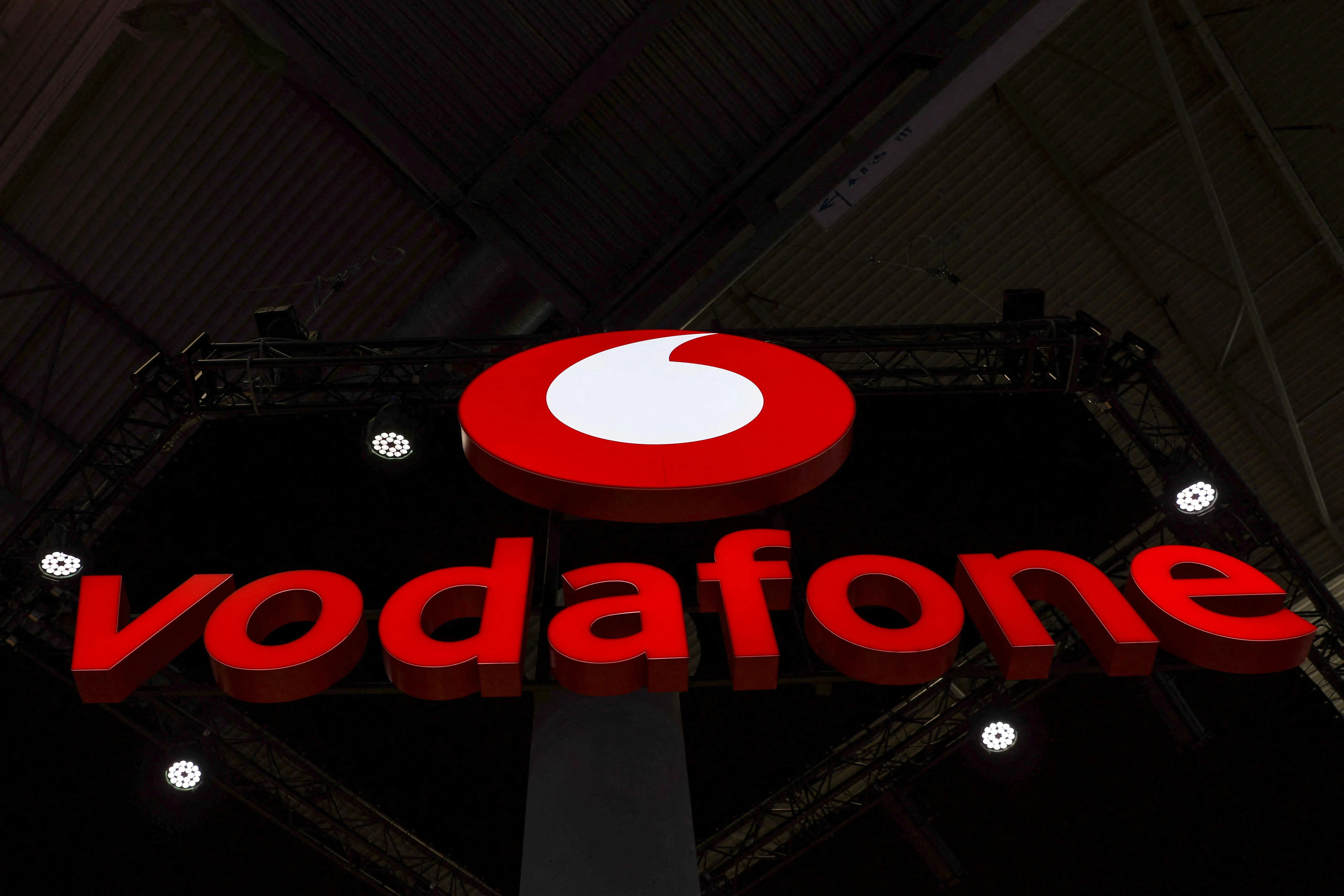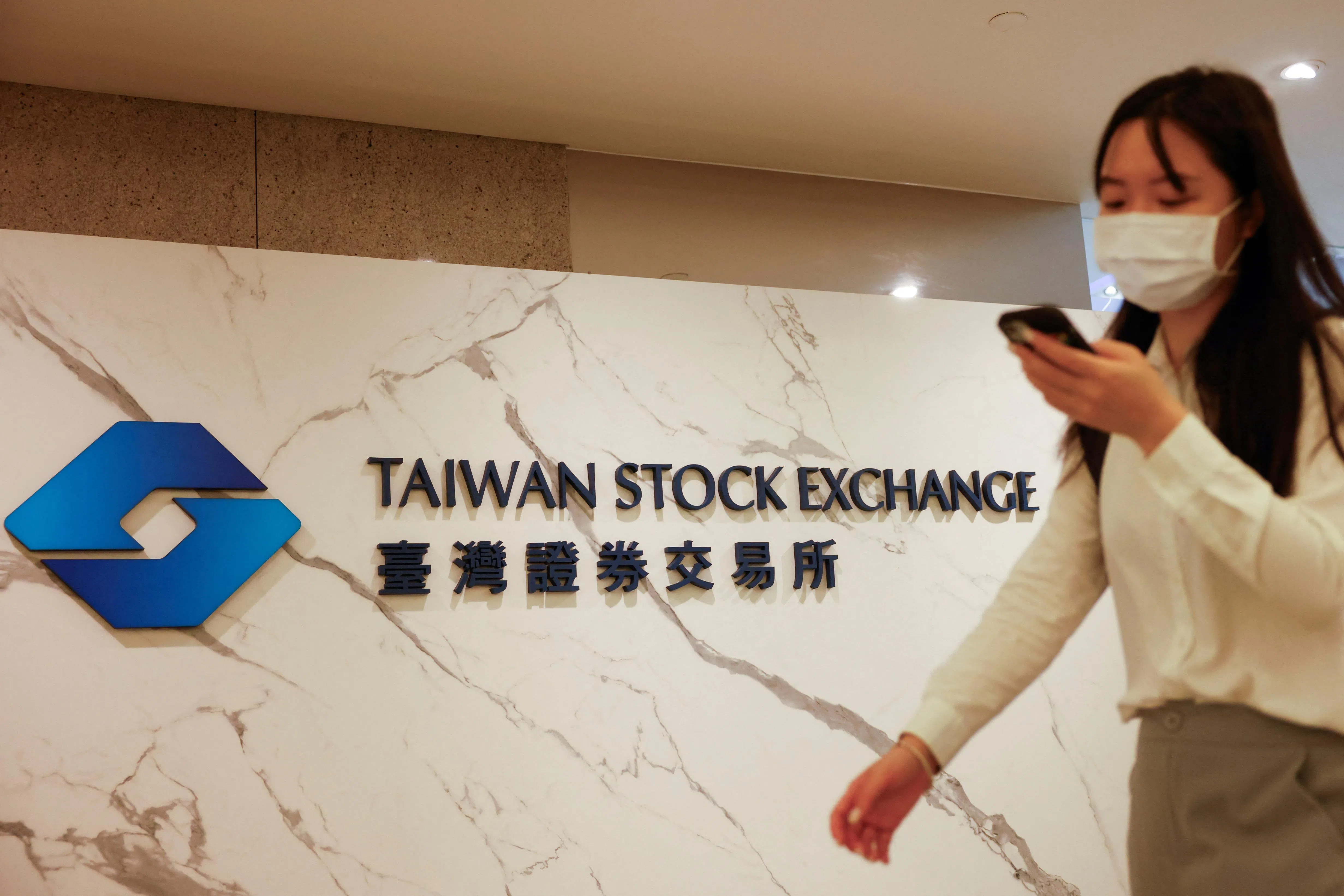THE UK challenged Vodafone and Three’s claims that their £15 billion (S$25.6 billion) combination would leave the country’s mobile networks better off, saying the deal raises serious competition concerns, while still leaving a potential path for its completion.
The UK’s Competition and Markets Authority (CMA) said on Friday (Sep 13) that it had found issues with the combination, with price rises and customers getting a reduced service particularly of concern. However, it did find the merger could improve the quality of the mobile networks.
The deal with the Hong Kong billionaire Li family’s CK Hutchison Holdings would see the two smallest of the UK’s four mobile operators combine to create the country’s largest by revenue in the fiercely competitive market.
Karen Egan from Enders Analysis said the regulator’s decision was essentially a green light for the merger. The pricing harms were “modest” and the proposed remedies are easy for the companies to follow.
The competition watchdog will now ask Vodafone to offer solutions for remedies to clear the deal before its final decision on Dec 7.
Although it said the deal could improve the quality of mobile networks and speed up the deployment of new 5G networks, the agency said they may not have the incentive to follow through with the proposed investment after the merger.
BT in your inbox
Start and end each day with the latest news stories and analyses delivered straight to your inbox.
In its findings, the competition regulator suggested a number of ways to sway its concerns. They suggested that the companies commit to their investment targets and not raise prices for customers. It said the companies could propose standardised wholesale pricing to ensure mobile virtual network operators get a fair price.
Crucially, CMA said creating a fourth mobile operator “may not be effective” in addressing competition concerns.
A bid from Three to buy O2 was thwarted in 2016 by the European regulator, which made the decisions for the UK pre-Brexit.
One of the main reasons the deal was blocked was because it would reduce the number of UK mobile network operators from four to three – the same outcome as this deal.
“Vodafone and Three disagree with a number of elements” of the findings, the companies said. The combination “will fix the country’s dysfunctional mobile market characteristics, unleashing more competition and investment”.
Telecommunications operators in Europe are struggling to get returns on investment and need to be allowed to consolidate, former European Central Bank president Mario Draghi said this week with recommendations for keeping the European Union competitive.
While operators in the UK would not benefit from a change in the bloc’s competition regime, carriers there have the same concerns as their counterparts.
The roll out of 5G wireless coverage has not paid off for many carriers, leading to slower expansion of the technology, companies including Vodafone have said.
Vodafone said on Friday that the UK ranks 22nd out of 25 European countries for 5G availability and has the slowest data speeds in the G7, citing a report from analytics company Opensignal.
Still, the watchdog noted that Vodafone and Three’s promises about how the deal would improve network coverage were overstated.
Paolo Pescatore from PP Foresight highlighted that CMA’s concerns were focused mostly on possible price increases for consumers, as expected.
“Even if the price increase is to be believed, which the companies dispute, it’s pence per month and doesn’t in anyway outweigh the benefits of building the network the country deserves,” he said. BLOOMBERG







